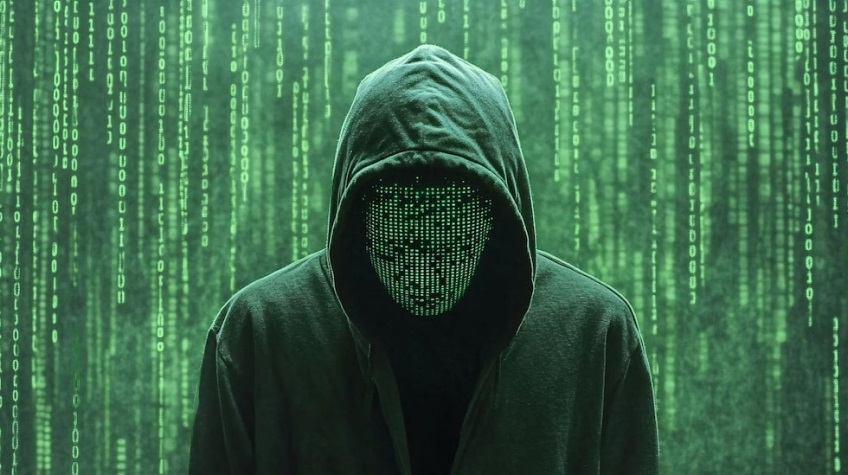Why Every IT Professional Should Take an Ethical Hacking Course Today
In today’s rapidly evolving digital landscape, cybersecurity is more crucial than ever. The rise in cyberattacks, data breaches, and ransomware threats has pushed businesses and individuals to prioritize online safety. One of the most effective ways to secure digital systems is by adopting the mindset and skills of an ethical hacker. An ethical hacking course is not just for those wanting to become cybersecurity professionals but for every IT professional who wishes to stay ahead of the curve. Here’s why every IT professional should take an ethical hacking course today.
Understanding the Threat Landscape:
The first and foremost reason for IT professionals to engage in ethical hacking education is to understand the range of cyber threats facing organizations today. With the increase in sophisticated hacking tools and methods, it is essential for IT workers to learn how hackers exploit system vulnerabilities. Ethical hacking courses delve into the strategies used by cybercriminals, making it easier for IT professionals to predict, detect, and prevent attacks before they happen. This knowledge allows them to better secure their systems and protect sensitive data.

Enhancing Problem-Solving and Critical Thinking:
Ethical hacking is all about thinking like a hacker. It requires the ability to analyze systems, spot weaknesses, and find innovative ways to exploit those flaws in a controlled manner. By learning how to simulate cyberattacks, IT professionals sharpen their problem-solving and critical thinking abilities. These skills are transferable across many areas of IT, such as network management, system architecture, and application development. Understanding the why and how of attacks can lead to more proactive and efficient solutions to complex problems.
Increasing Job Opportunities and Career Growth:
Cybersecurity skills are highly sought after, and ethical hacking is no exception. As businesses prioritize data protection, the demand for professionals with ethical hacking expertise is skyrocketing. An ethical hacking course adds a valuable skill set to an IT professional’s resume, enhancing employability and opening doors to advanced career opportunities. This could include roles such as penetration tester, security analyst, or cybersecurity consultant. By staying updated with ethical hacking practices, IT professionals can position themselves as experts and take on higher-paying and more prestigious roles in the industry.
Strengthening Defense Mechanisms in Organizations:
Every IT professional, regardless of their specialization, plays a role in maintaining the integrity and security of an organization’s IT infrastructure. An ethical hacking course empowers professionals to identify vulnerabilities within networks, software, and systems, which might otherwise go unnoticed. By recognizing these weaknesses early, they can reinforce defense mechanisms and prevent potential breaches. This proactive approach is much more efficient and cost-effective than dealing with the aftermath of a cyberattack. Keeping up with changing laws and compliance guidelines is essential in today’s regulatory environment.
Lastly, ethical hackers play an important role in fostering a safer digital world. By using their skills for good, ethical hackers help organizations and individuals protect their data from malicious actors. As an IT professional, taking corso ethical hacker allows you to be a part of this larger movement. It positions you as a defender of the digital world, combating the growing tide of cybercrime and contributing to the broader effort to make the internet a safer place for everyone.

